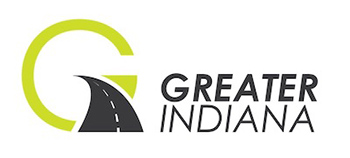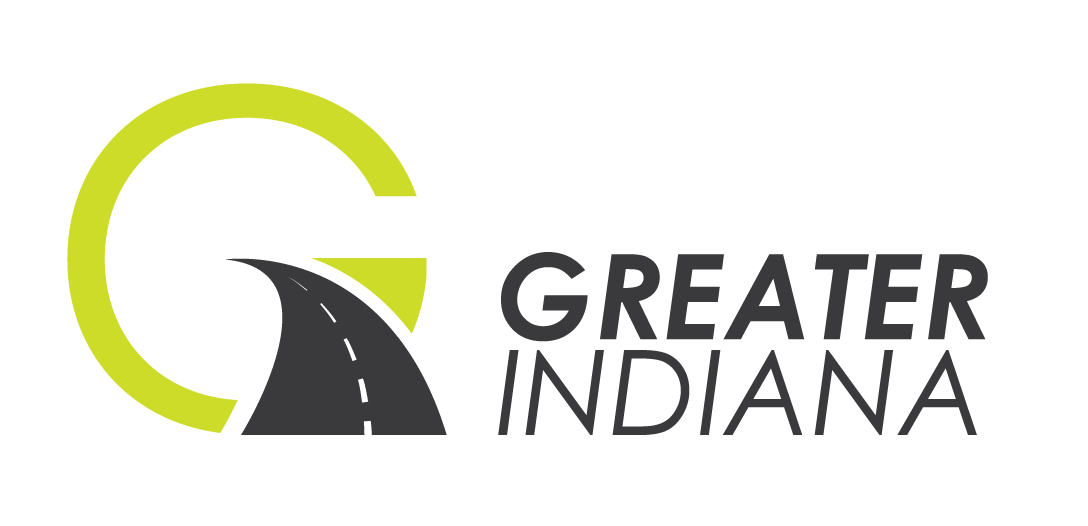Greater Indiana works with members and industry partners on alternative fuel transportation projects. We provide guidance and expertise to ensure our partners meet their goals. Find out more about Greater Indiana’s alternative fuel transportation project experience below.
Fleet Analysis & Planning
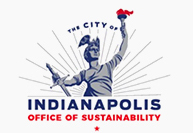
City of Indianapolis – Fleet Analysis and Transition Plan:
Greater Indiana analyzed the City of Indianapolis’ fleet, providing recommendations and comparing its alternative fuel options, their impact on operations, emissions performance, and cost savings. The report recommendations considered the City fleet vehicles, utilization, fuel consumption, assessing current infrastructure, and researching all alternative fuels the City could implement. Greater Indiana is currently working with the City of Indianapolis on implementing the City’s fleet transition. Greater Indiana is assisting the fleet directors with implementing an electric pilot program in two City departments.
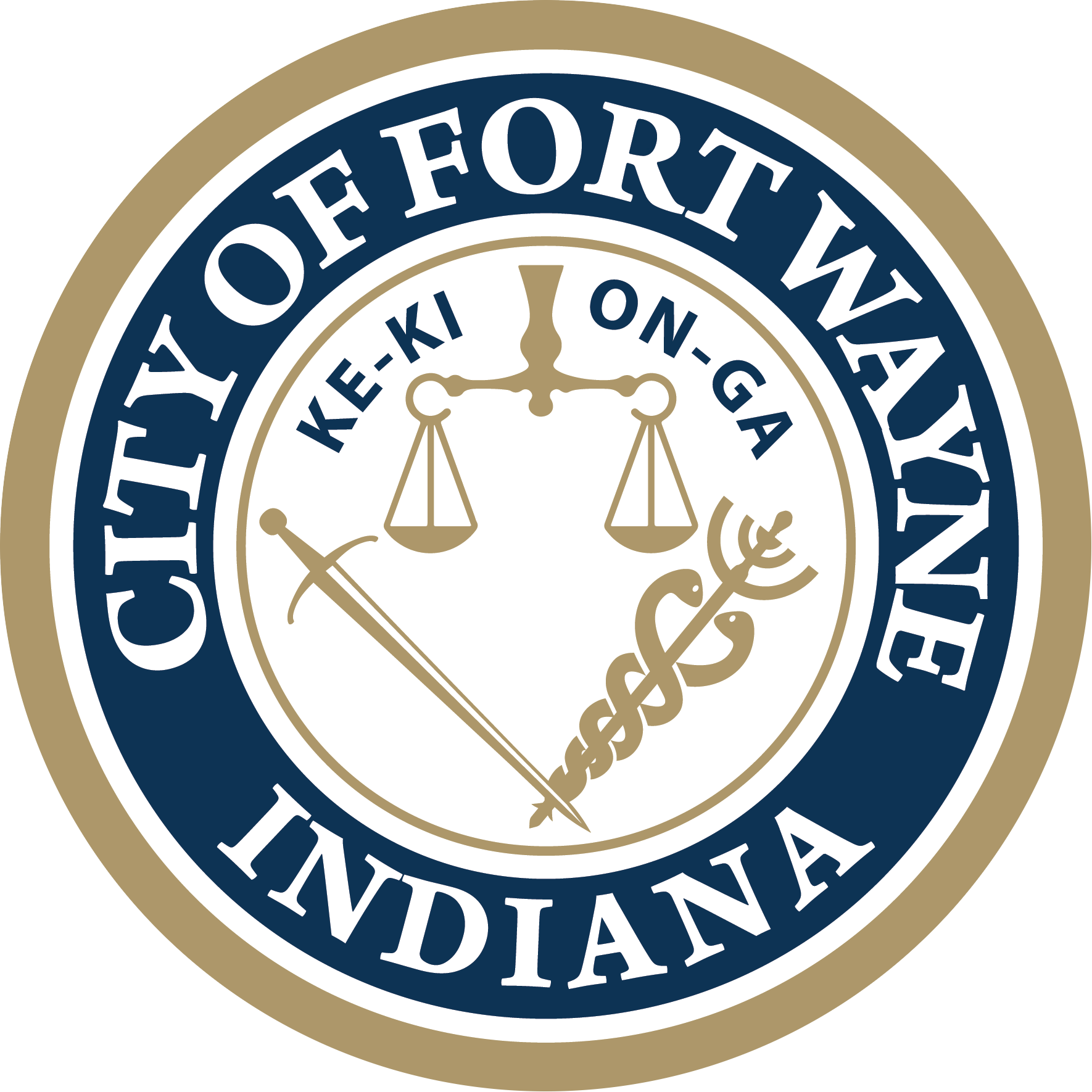
City of Fort Wayne – Fleet Analysis and Transition Plan:
Greater Indiana provided a detailed report to the City of Fort Wayne containing a comparison of all alternative fuel options the city can use, their impact on operations, emissions performance, and cost savings. The final report provided short- and long-term recommendations based on vehicle usage, providing a Total Cost of Ownership (TCO) analysis for each alternative fuel option provided. The document was created after studying their fleet vehicles, utilization, fuel consumption, assessing current infrastructure, and researching all alternative fuels. The requirements for new fueling infrastructure and vehicles were included in the report.
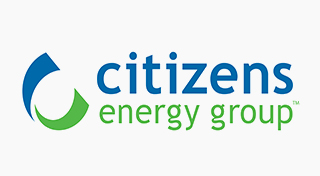
Citizens Energy Group – Fleet Analysis & Alternative Fuel Strategy Plan:
Greater Indiana conducted two projects for Citizens Energy Group. First, our team conducted a fleet analysis project where we identified opportunities for transition to different fuels based on the utilization of the fleet. The final report provided short- and long-term recommendations based on vehicle usage, providing a Total Cost of Ownership (TCO) analysis for each alternative fuel option provided. In the second project, we provided a comparison of alternative fuels and their impact on engine performance, fueling expenses, capital investment, and emissions. This report provided Citizens Energy Group with an in-depth look at each alternative fuel option, its benefits, and considerations. In addition, our team organized a series of vehicle demonstrations and education sessions to answer staff questions about the alternative fuels recommended and alleviate any concerns prior to implementation.
Alternative Fuel Program Creation, Outreach, & Education
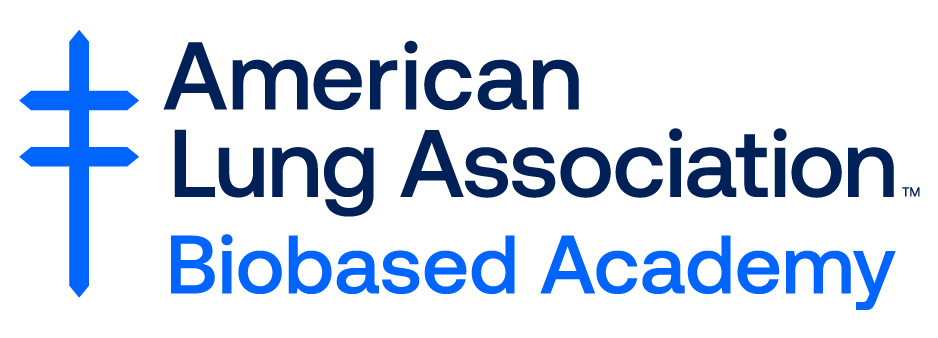
Biobased Academy:
In collaboration with the Greater Indiana team and the United Soybean Board, the American Lung Association developed the American Lung Association’s Biobased Academy. While the team is currently working with our partners on an additional program focused on sustainable facilities through biobased products, the Biobased Certified Fleet Professional (BCFP)® course is live and available as an educational resource for fleet use. The online training program educates fleet and facility professionals and technicians on biobased fleet and facility products’ operational, health, safety, and environmental benefits. These courses help participants understand why biobased products can be safer, rapidly renewable, and reliable alternatives to petroleum-based products that improve operational, health, safety, and environmental performance. Participants will also understand the type and variety of biobased products available and how to procure them.

Fort Wayne CITILINK – Low & Zero Emission Propulsion Study: Education and Outreach:
Fort Wayne Citilink is working with STV to conduct an impartial analysis of low-and zero-emission bus propulsion technologies. The study will help to identify available alternatives, the costs, benefits, risks, and timelines. It will also assess existing infrastructure, determine needs and capabilities for various powering/fueling options, and develop an achievable transition plan according to the requirements of the Bipartisan Infrastructure Law. Greater Indiana is a project partner, conducting public engagement and outreach services and assisting STV as needed with strategic planning sessions with the board and key management staff to gather feedback during the project’s planning stages. Our public engagement strategies include creating and analyzing public surveys for the initiative, public meetings to connect the Fort Wayne community with CITILINK and to provide information on the technologies, and a webinar covering the study results and potential next steps.
Alternative Fuel Infrastructure Project Coordination & Planning
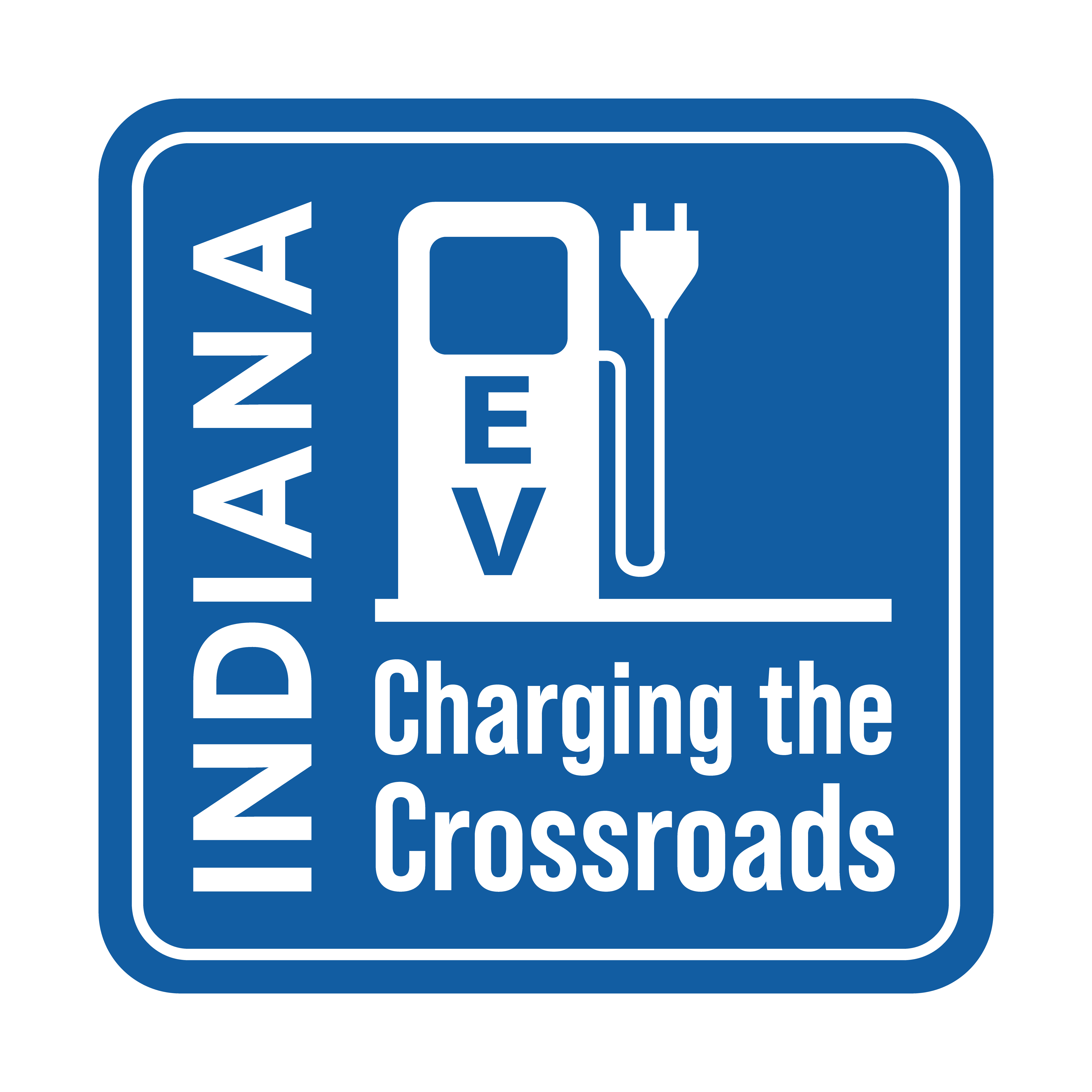
Indiana National Electric Vehicle Infrastructure (NEVI) Program:
Greater Indiana was invited to be part of the team creating the state’s EV Charging Infrastructure Plan along with INDOT and HNTB. Through the National Electric Vehicle Infrastructure (NEVI) program created by the passage of the 2021 Bipartisan Infrastructure Law, Indiana will receive nearly $100 million to build a network of Level 3 DC Fast charging stations along Indiana’s federally designated alternative fuel corridors (AFC’s). Greater Indiana worked with INDOT and HNTB to create Indiana’s EV Infrastructure Deployment Plan, conducting outreach and education to stakeholders, gathering and sharing information, and collecting feedback and insights to inform the plan’s creation. Greater Indiana is currently part of the program management team assisting with vendor engagement over the next five years.

Alternative Fuel Corridor Development:
Greater Indiana collaborates with the Indiana Department of Transportation, the Office of Energy Development, and Indiana’s metropolitan planning organizations on Alternative Fuel Corridor Designation. Corridor designation and development are especially important since designated corridors are eligible to receive federal funding, such as NEVI and CFI Discretionary funding, to build alternative fuel infrastructure across Indiana.
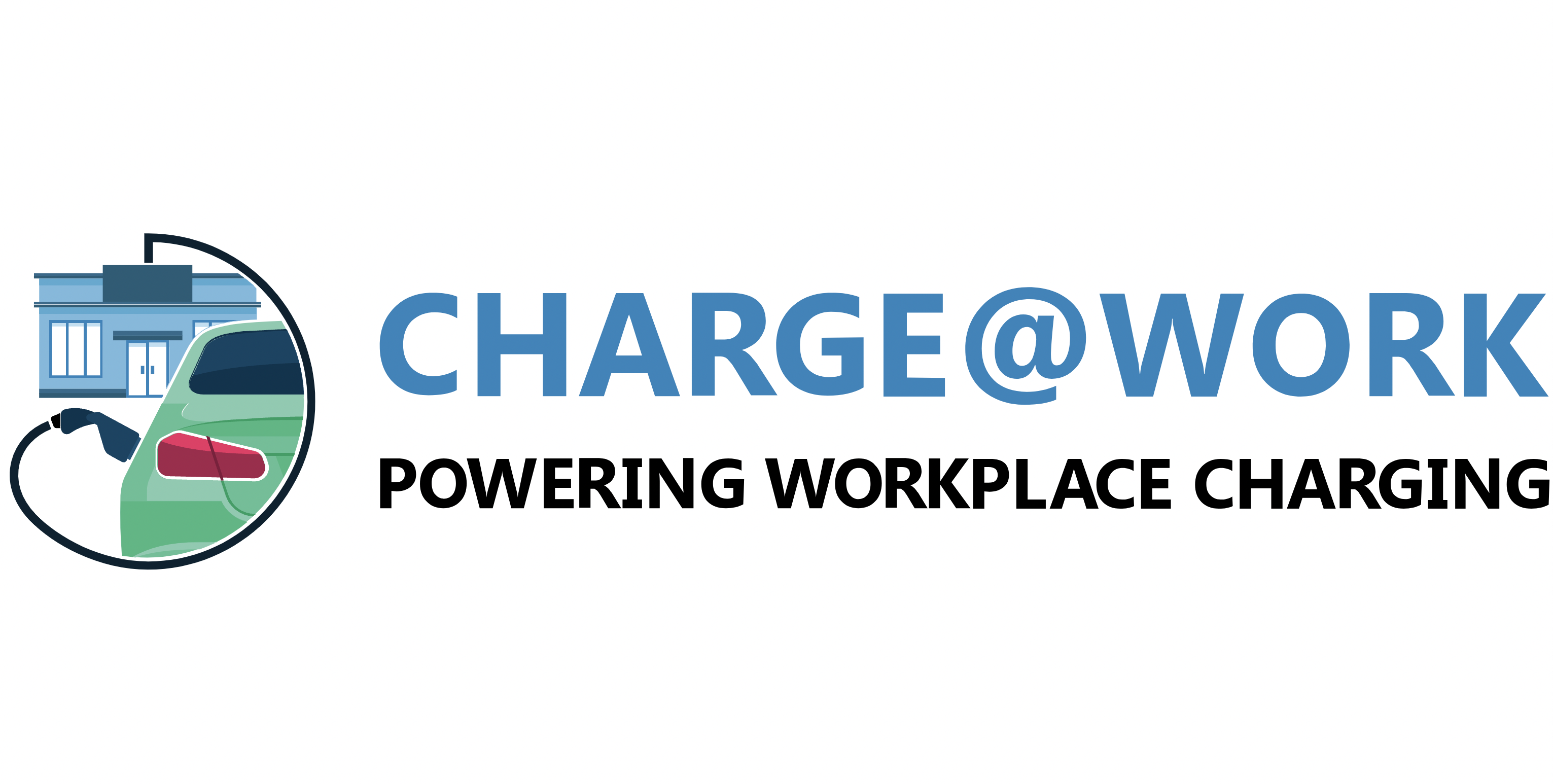
Charge@Work:
Greater Indiana is a project partner on the U.S. Department of Energy (DOE) funded project, Charge@Work, a grant awarded to Forth from the U.S. Department of Energy (DOE) as part of the Low Greenhouse Gas (GHG) funding opportunity to create solutions that reduce vehicle emissions and accelerate the expansion of EV infrastructure and charging. The Charge@Work project was awarded $4M over three years and will develop a national workplace charging campaign, building upon the EVAL certification pilot Forth has developed that makes it easy for employers to provide electric vehicle charging and for utilities and other partners to support them. This project will document how expanding workplace charging, employee education, and related interventions with employers can most effectively drive EV awareness and adoption, produce climate benefits, reduce emissions, reduce commute costs for workers, and strengthen employer operations. This multi-state project includes partners such as Plug-In America, Electrification Coalition, EVNoire, Calstart, and multiple municipalities, including the City of Indianapolis.
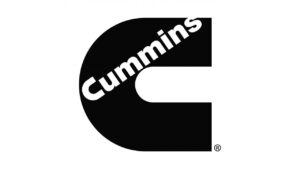
Medium-Duty, Heavy-Duty Zero Emissions Vehicle (MD-HD ZEV) Infrastructure Planning initiative:
Greater Indiana is a team member under the DOE-funded Medium-Duty, Heavy-Duty Zero Emissions Vehicle (MD-HD ZEV) Infrastructure Planning initiative led by Cummins. In less than two years, the project will develop an extensive, two-phase medium and heavy-duty ZEV charging and H2 fueling plan for a corridor serving Indiana, Illinois, and Ohio. The plan will support 30% of the MD-HD fleet expected to be using ZEV technologies by 2035, potentially benefitting millions of drivers across 23 states.
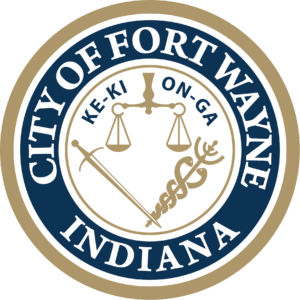
Fort Wayne Infrastructure Project:
Greater Indiana coordinated with the City of Fort Wayne to identify potential charging sites, assess identified site needs, coordinate with site hosts, and write the City’s grant application. In total, the City installed 27 Level 2 Charging stations at 10 locations throughout the community. The 27 charging stations are part of a multi-tier EV infrastructure project Greater Indiana worked with the City to implement.
Grant Writing Assistance

CFI Grant Program – Application Technical Support/Education & Outreach:
The first round of the Charging and Fueling Infrastructure Grant Program (CFI) applications were due in June 2023. The Greater Indiana team provided grant writing support, letters of commitment, and connected our members with potential partners to strengthen application opportunities. The CFI Grant Program awards funding to “strategically deploy publicly accessible electric vehicle charging infrastructure and other alternative fueling infrastructure. This grant program has two tracks: Corridor Charging (to deploy electric vehicle charging and hydrogen/propane/natural gas fueling infrastructure along designated alternative fuel corridors) and Community Charging (to install electric vehicle charging and alternative fuel in locations on public roads, schools, parks, and in publicly accessible parking facilities). Community Charging grants will prioritize rural areas as well as low-and moderate-income neighborhoods with low ratios of private parking, or high ratios of multiunit dwellings.”
With the program offering two categories for applications, the eligibility requirements opened opportunities for the team to work with municipalities and provide technical assistance to our members wanting to apply for funding. Because the Greater Indiana team focuses on advancing communities with education and resources on alternative fuel vehicles, our team provided support with the educational and outreach plan within stakeholder applications.

Volkswagen Settlement Fund Vehicle Replacement and Infrastructure Grant Proposals:
Over the last few years, the Volkswagen Settlement Fund provided grants for vehicle replacements and EV infrastructure. Greater Indiana worked with several members to write successful grant applications for alternative fuel transportation projects. The City of Bloomington was awarded a grant for 2 Level 2 charging stations that will be installed in parking garages downtown, and the City of Fort Wayne was awarded grants for a new Electric Utility Truck and 27 Level 2 charging stations located throughout the City.
